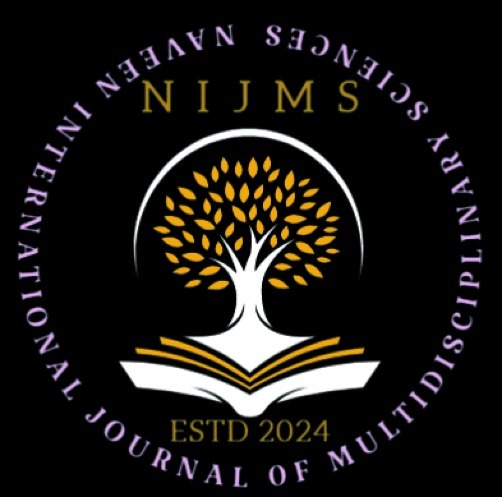A Critical Theoretical Study of NEP-2020
##semicolon##
https://doi.org/10.71126/nijms.v2i1.87सार
One significant step in reforming India's educational system is the National Education Policy 2020 (NEP 2020). Its main goals are to improve student learning, modernize education, and align it with international standards. Stronger educational facilities, improved teacher preparation, and skill-based learning are highlighted in the policy. Its primary objectives are to address long-term issues, bring equality, quality, and innovation to education, and get students ready for the demands of the twenty-first century. Three perspectives are used in this paper to examine NEP-2020: social justice, human capital theory, and critical pedagogy. It highlights the policy's positive aspects while also pointing out its drawbacks, such as excessive privatization, linguistic barriers, and unequal access to technology. The basic premise is that NEP-2020 has the potential to make significant strides, but it will encounter obstacles if there is insufficient funding, equitable policies, and public participation in decision-making. We conclude with recommendations for educators, legislators, and others to help NEP 2020 succeed and fulfill its objectives.
Keywords: India, critical theory, education policy, and NEP-2020.
##submission.downloads##
प्रकाशित
अंक
खंड
##submission.license##
##submission.copyrightStatement##
##submission.license.cc.by-nc4.footer##












